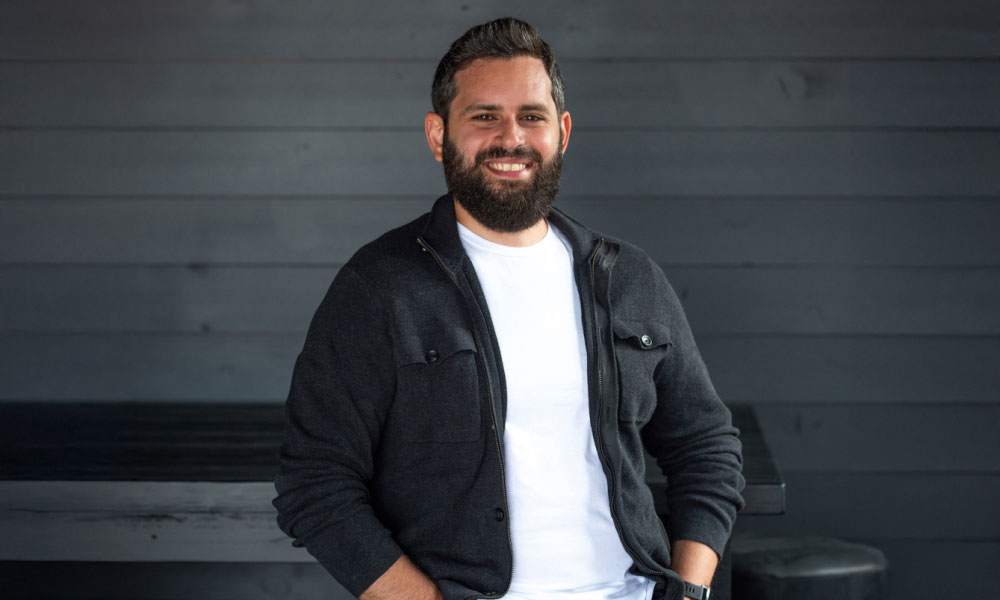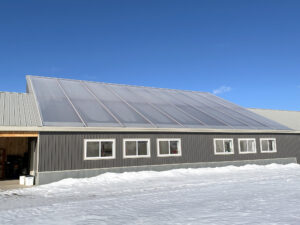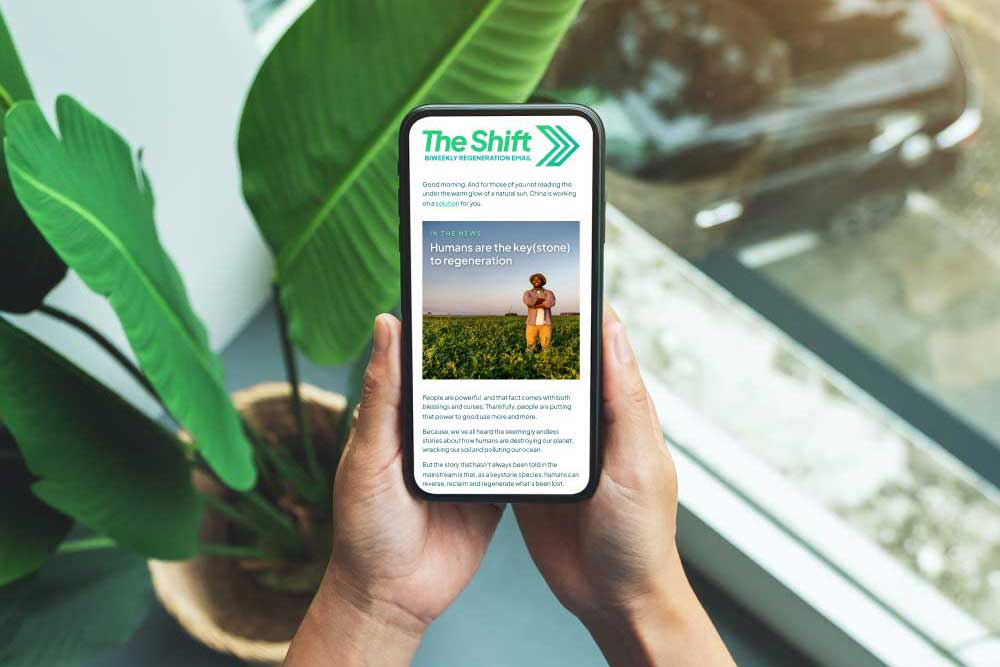What does 5th World do? What does regenerative living really mean? And, how can technology, nature, and humanity collaborate for a net-positive future?
We explore it all in this new series of interviews with our CEO, Marc Ziade.
Read Part One here and Part Two here.
How do you define “regenerative living” within the context of 5th World, and how does it differ from traditional sustainable practices?
Marc: “We perceive a dichotomy between people who focus on autonomy and people who focus on sustainability. It seems as though these individuals feel they have to choose one of the two, believing that these things are at odds with each other.
But, in our opinion, being autonomous i.e., having ownership over your food, water, and energy systems is strongly correlated with being regenerative. And being regenerative goes a step beyond being sustainable. Instead of maintaining the status quo in terms of human and ecological health, it actively restores and improves.
One way to increase both autonomy and regeneration is through decentralization. Decentralizing systems brings more ownership to local communities and individuals. And during this shift towards decentralization, food, water, and energy systems can be designed to be regenerative.
For example, food forests and gardens provide abundant, nutrient-dense food at the local level and are grown in ways that promote soil health and biodiversity. Rainwater harvesting secures a personal supply of fresh, clean water while greywater systems save water through re-use. Finally, solar panels are a self-sufficient, renewable energy source that lowers carbon emissions.
Furthermore, we see that luxury living is shifting from being associated with expensive material items to meaningful experiences that have a positive impact on well-being. For example, wellness retreats, eco-luxury hotels and resorts, forest spas, zero-kilometre cuisine, and more.
Regenerative food, water, and energy solutions offer the natural evolution of this shift: The ability to create a luxury wellness experience at home. What’s more, these solutions provide an abundance of luxurious, healthful resources for oneself, one’s family, and generations to come.
This is what we mean by “regenerative living”—a global movement driving a necessary and new vision of autonomy, prosperity, legacy, and well-being.
The notion that nature, technology, and humanity can collaborate is intriguing. What does this look like in practice?
Marc: “At 5th World, we provide regenerative solutions that are high tech, high humanity, and high nature. What we mean by that is we strive to harmonize technological innovation, human ingenuity, and the wisdom of nature to create a better future for all.
As it concerns technology, there are generally two camps. One centers technology as the key to human progress, even at the cost of environmental and societal well-being. Then there’s the opposite view that says we are part of nature and that technology is fundamentally harmful because it is essentially anti-nature.
We believe there’s a middle ground in this debate. Technology is one of the key features of humanity. Without technology we wouldn’t have evolved. And by technology here I mean, like, literally discovering fire. And at the same time, we believe that we’re part of nature. Instead of working against nature, we should strive to partner with it and leverage its abundance.
If you really think about it, nature is the most decentralized and most resilient network we know of. And there’s this school of thought that, if you look at the arc of technology’s evolution up until today, especially with cryptosystems and the internet, technology is actually getting closer and closer to mimicking nature—the way nature is decentralized and resilient.
The other thing I would add here is that when people hear the word regenerative, they generally think about the environment, which is fair. But we believe the concept goes beyond that. We also think in terms of other systems, like digital systems, economic systems, monetary systems, etc. where there’s also a need to be regenerative.
A good example is the idea that, just as biodiversity is good for nature and enables resilience, monetary diversity is similarly beneficial. If you think about it today, every nation has just one currency, and it’s all linear. If a crisis happens, the risk is massive because the system is very fragile.
The question then becomes: How do we copy these natural concepts that have been proven over time into other areas such as tech, monetary systems, economic systems, governance systems and others?





